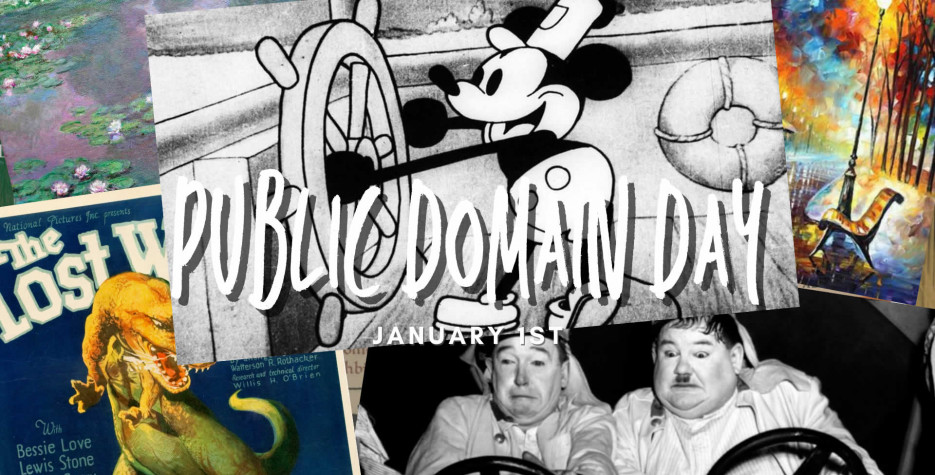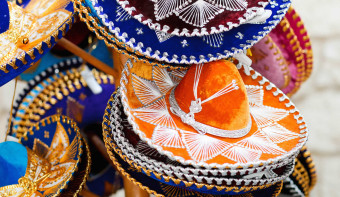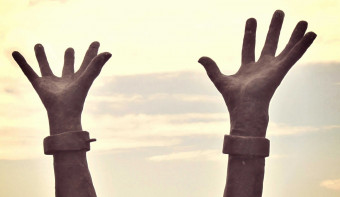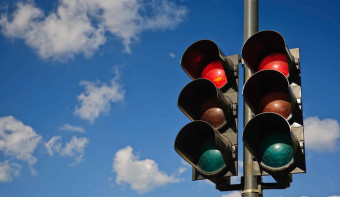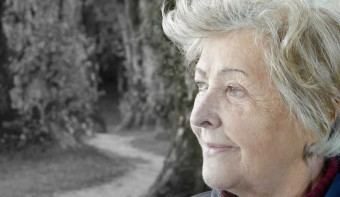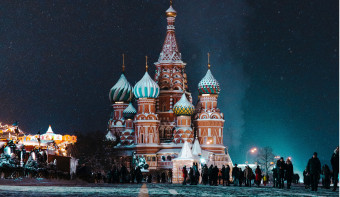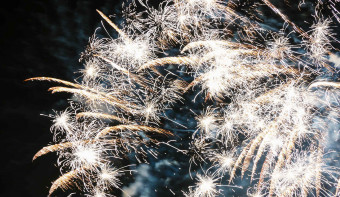About Public Domain Day
Each year on January 1st, bibliophiles, artists, and creators around the world celebrate Public Domain Day—a momentous occasion marking the liberation of a treasure trove of creative works into the public domain. On this day, copyright protection expires for certain works, allowing them to be freely used, shared, and reimagined by the public. Public Domain Day is not just a celebration of art and culture; it is a vital reminder of the importance of access and creativity in a thriving society.
What Is the Public Domain?
The public domain consists of works that are not protected by copyright and are therefore free for anyone to use without seeking permission. These works may include literature, music, films, art, and other creative expressions. A work enters the public domain when its copyright expires or if it was never eligible for copyright in the first place. Public domain works are a valuable resource for education, innovation, and cultural enrichment, serving as a wellspring of inspiration for new creations.
The Significance of January 1st
January 1st is the designated day when new works officially enter the public domain each year. This date is particularly significant because it aligns with the standard duration of copyright protection in many countries. For example, in the United States, works typically enter the public domain 95 years after their publication. As of January 1, 2025, creative works first published in 1929 will become part of the public domain, including books, films, and music from that year.
Iconic Works Entering the Public Domain
Public Domain Day often brings a wave of excitement as people discover which iconic works have become freely available. Some highlights from recent years include:
F. Scott Fitzgerald’s The Great Gatsby (entered public domain in 2021): This classic novel is now accessible for adaptations, reprints, and reinterpretations without copyright restrictions.
Sherlock Holmes stories by Arthur Conan Doyle (selected stories entered in stages): These beloved mysteries have inspired countless films, TV series, and reimaginings.
Classic music compositions: Works by composers such as George Gershwin and Rachmaninoff have gradually entered the public domain, enriching modern musical landscapes.
Why Public Domain Matters
The public domain is more than just a repository of old works; it is a living foundation for creativity and progress. Here are some reasons why it matters:
Fostering Innovation: Filmmakers, writers, musicians, and artists can build upon public domain works to create something entirely new.
Promoting Education: Teachers and students benefit from free access to classic works, enabling a deeper understanding of cultural history.
Preserving Heritage: Public domain works ensure that cultural milestones remain accessible for future generations.
Encouraging Accessibility: Anyone can freely access, share, and distribute public domain works, making art and knowledge more inclusive.
How to Celebrate Public Domain Day
There are many ways to honor and enjoy Public Domain Day. You can:
Explore newly released works and share your favorites with others.
Adapt or reinterpret public domain works into your own creative projects.
Attend local or virtual events celebrating public domain art, literature, and music.
Advocate for balanced copyright laws that encourage both protection and public access.
Looking Ahead
Public Domain Day serves as a powerful reminder of the ever-evolving nature of art and culture. As works enter the public domain each year, they breathe new life into creative industries and enrich the lives of individuals around the world. By celebrating and utilizing these works, we honor the creators of the past while empowering the innovators of the future.
So, mark your calendars for January 1st and join the celebration of Public Domain Day. Dive into the endless possibilities that await in the realm of creativity and shared culture.
Similar Observances
Hiroshima Day
Read More
Other Observances on January 1st 2026
Alzheimer's Awareness Month
Read More
Feast of St Basil
Read More
New Year's Day
Read More


